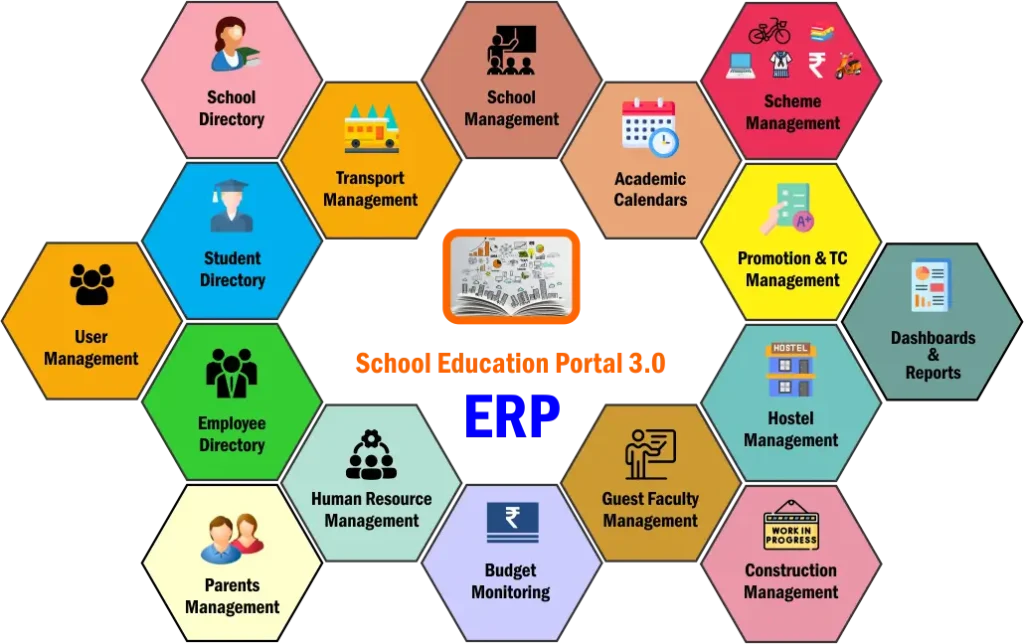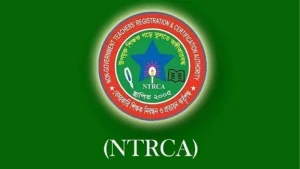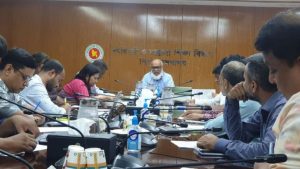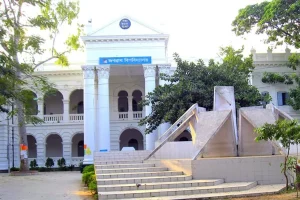The integration of technology into the education sector is revolutionizing learning experiences across India, and Rajasthan is no exception. The state’s proactive approach to digital transformation in education has led to the creation and adoption of several educational portals that have significantly improved the way students, teachers, and parents interact and engage. These digital platforms are not only promoting transparency but also increasing efficiency, accountability, and educational outcomes.
One of the most influential developments in this regard is the launch of government-supported educational portals aimed at streamlining school management and communication. These platforms are now essential tools for enhancing education and ensuring inclusive participation from all stakeholders—students, educators, and families.
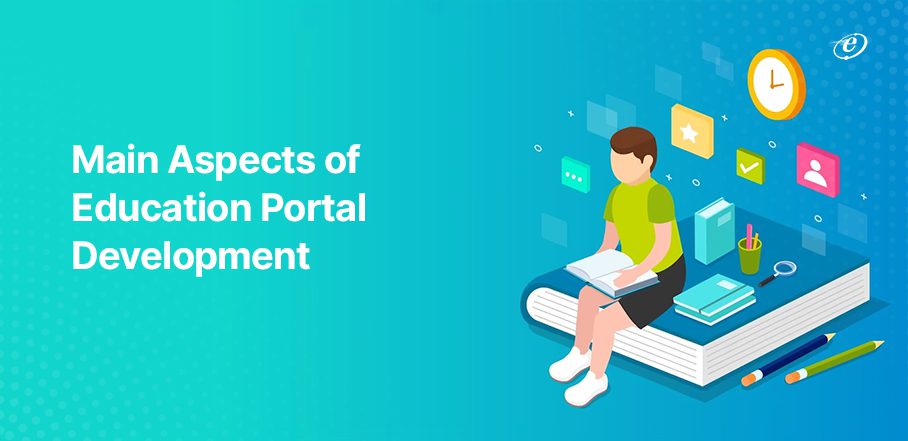
Strengthening the Student-Teacher-Parent Triangle
At the core of any successful educational model is strong collaboration among students, teachers, and parents. Educational portals are now making this possible in real time. In Rajasthan, these platforms act as centralized systems where student records, attendance, grades, assignments, and feedback are readily available to both teachers and parents.
For students, these portals provide access to learning materials, assignments, performance reports, and schedules. They also enable personalized learning paths and allow students to understand their progress clearly.
For teachers, the portals offer a comprehensive view of each student’s academic performance, helping them identify strengths and weaknesses. Teachers can also upload lesson plans, manage attendance, and communicate directly with parents to discuss a child’s development.
For parents, digital access to their child’s school activities and academic progress creates a new level of involvement. It bridges the gap between home and school, ensuring that parents can support their child’s learning more effectively.
Real-Time Access to Information
One of the major benefits of educational portals is the ability to provide real-time data. Whether it’s a student’s attendance, test scores, or assignment deadlines, these details are just a few clicks away. This accessibility promotes a culture of openness and responsiveness.
Parents no longer need to wait for annual parent-teacher meetings to understand how their child is performing. Similarly, school administrators can immediately track teacher attendance, school infrastructure issues, and other operational metrics to make informed decisions quickly.
Introducing Shala Darpan
Among Rajasthan’s most notable educational initiatives is the Shala Darpan portal. This government-run platform is specifically designed for all government and government-aided schools under the Rajasthan Council of School Education (RCSE). Shala Darpan serves as a comprehensive management system that links data across schools, students, staff, and academic activities.
Through Shala Darpan, the state government ensures that every stakeholder in the education system has access to timely and reliable information. It also plays a crucial role in the planning and monitoring of educational programs, recruitment, transfers, and training of teachers, and infrastructure development across the state.
Empowering Rural Education
Rajasthan, being a state with significant rural population, faces challenges related to educational equity and access. Educational portals like https://shaladarpanraj.com/ have played a transformative role in addressing these issues. By digitizing records and allowing remote access to educational resources, these portals are bridging the gap between urban and rural education.
Even in remote villages, students and teachers now have access to updated syllabi, digital classrooms, online training, and communication tools that were previously limited to urban schools. This digital inclusion is paving the way for more balanced development across the state’s diverse geography.
Improved Transparency and Governance
Educational portals have also made governance more efficient and transparent. With features such as biometric attendance, teacher performance tracking, and automated reporting, education authorities can ensure compliance with policies and identify areas for improvement more effectively.
This data-driven approach has led to better allocation of resources, improved school management, and a more accountable education system overall. Teachers feel more supported, parents feel more involved, and students benefit from a more structured and transparent learning environment.
Conclusion
Educational portals are transforming the educational landscape in Rajasthan. By connecting students, teachers, and parents through centralized platforms like shala darpan staff login, the state has made great strides in improving transparency, efficiency, and overall educational quality. These digital tools not only enhance academic performance but also foster a collaborative environment that places the student at the center of the learning experience.

